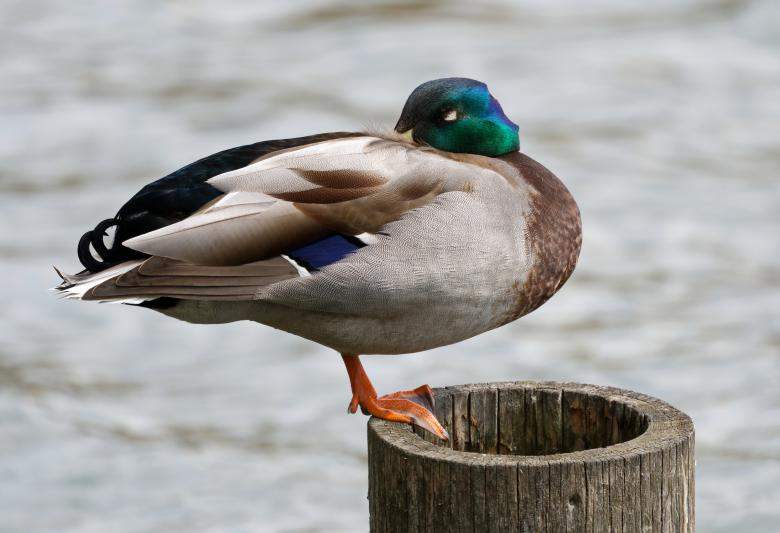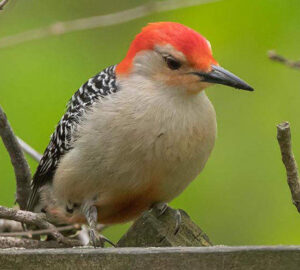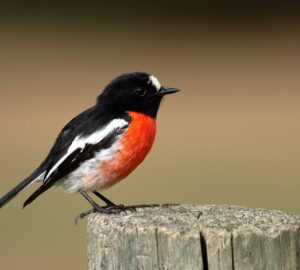Have you ever wondered where ducks go to sleep?
Ducks are fascinating creatures, and their sleep habits are quite interesting. Let’s dive into the details of where ducks sleep and why.
Ducks’ Sleeping Places
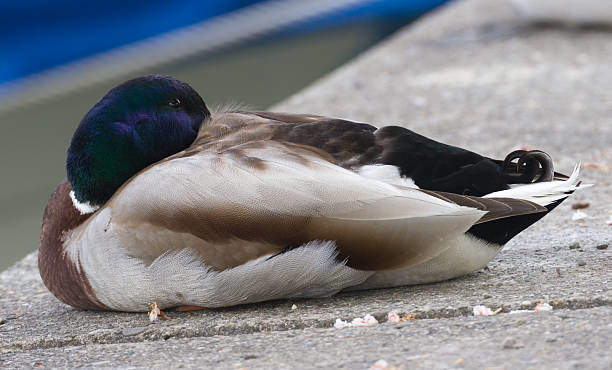
Ducks have various places where they feel safe and comfortable to sleep. Here are some common sleeping spots for ducks:
- Water: Ducks often sleep on the water. They float on the surface, which helps them stay safe from predators. Water also keeps them warm.
- Shorelines: Some ducks sleep near the water’s edge. This way, they can quickly escape into the water if danger approaches.
- Nests: Female ducks, especially when they are incubating eggs, sleep in nests. These nests are usually hidden in tall grass or reeds to protect the eggs.
- Tree Hollows: Certain species of ducks, like wood ducks, sleep in tree hollows. These provide excellent protection from predators.
Why Ducks Sleep in These Places
Ducks choose their sleeping spots based on safety and warmth. Here are some reasons why these places are ideal for ducks:
- Safety from Predators: Water and tree hollows are hard for many predators to access. By sleeping in these places, ducks can avoid animals like foxes and raccoons.
- Warmth: Water retains heat, and ducks’ feathers are excellent insulators. Sleeping on water helps ducks stay warm during cold nights. Similarly, tree hollows can shield ducks from wind and cold weather.
- Quick Escape: By sleeping on or near water, ducks can quickly swim away if a predator gets too close.
How Ducks Sleep
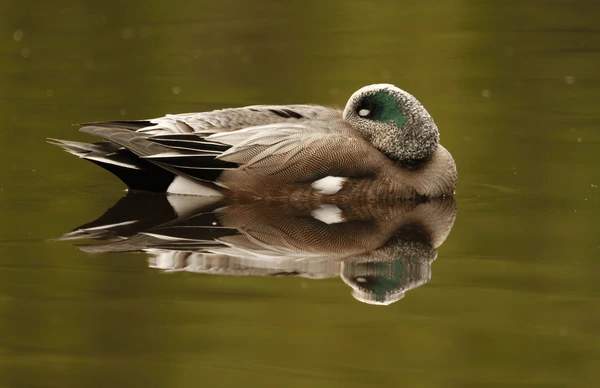
Ducks have some unique sleep habits:
- Unihemispheric Slow-Wave Sleep (USWS): Ducks can sleep with one eye open. This type of sleep allows half of their brain to rest while the other half remains alert. This helps them stay aware of potential threats.
- Rafting: Ducks often sleep in groups, called rafts. Sleeping in groups helps them watch out for each other and provides extra protection from predators.
FAQs About Ducks’ Sleep
Do ducks sleep during the day or night?
Ducks are generally diurnal, meaning they are active during the day and sleep at night. However, they may take short naps during the day, especially if they feel safe.
Can ducks sleep on land?
Yes, ducks can sleep on land. They usually do this near water, so they have a quick escape route if needed.
How do baby ducks sleep?
Baby ducks, or ducklings, sleep in nests with their mother. The mother duck keeps them warm and safe.
Why do ducks sleep in groups?
Sleeping in groups, or rafting, provides safety in numbers. If a predator approaches, there are more eyes to spot the danger and alert the others.
Conclusion
Ducks have fascinating sleep habits that help them stay safe and comfortable. Whether they are floating on water, nesting in tall grass, or resting in tree hollows, ducks have adapted well to their environments.
By understanding where ducks sleep, we can appreciate these incredible birds even more.

